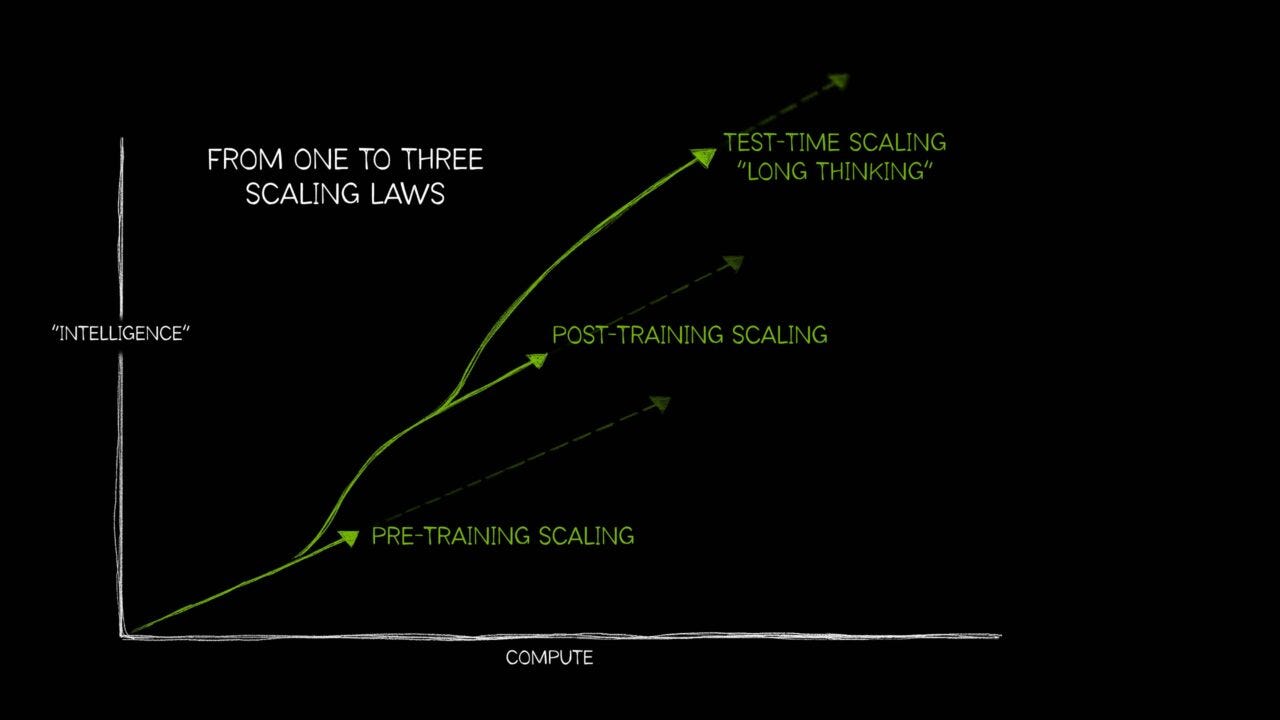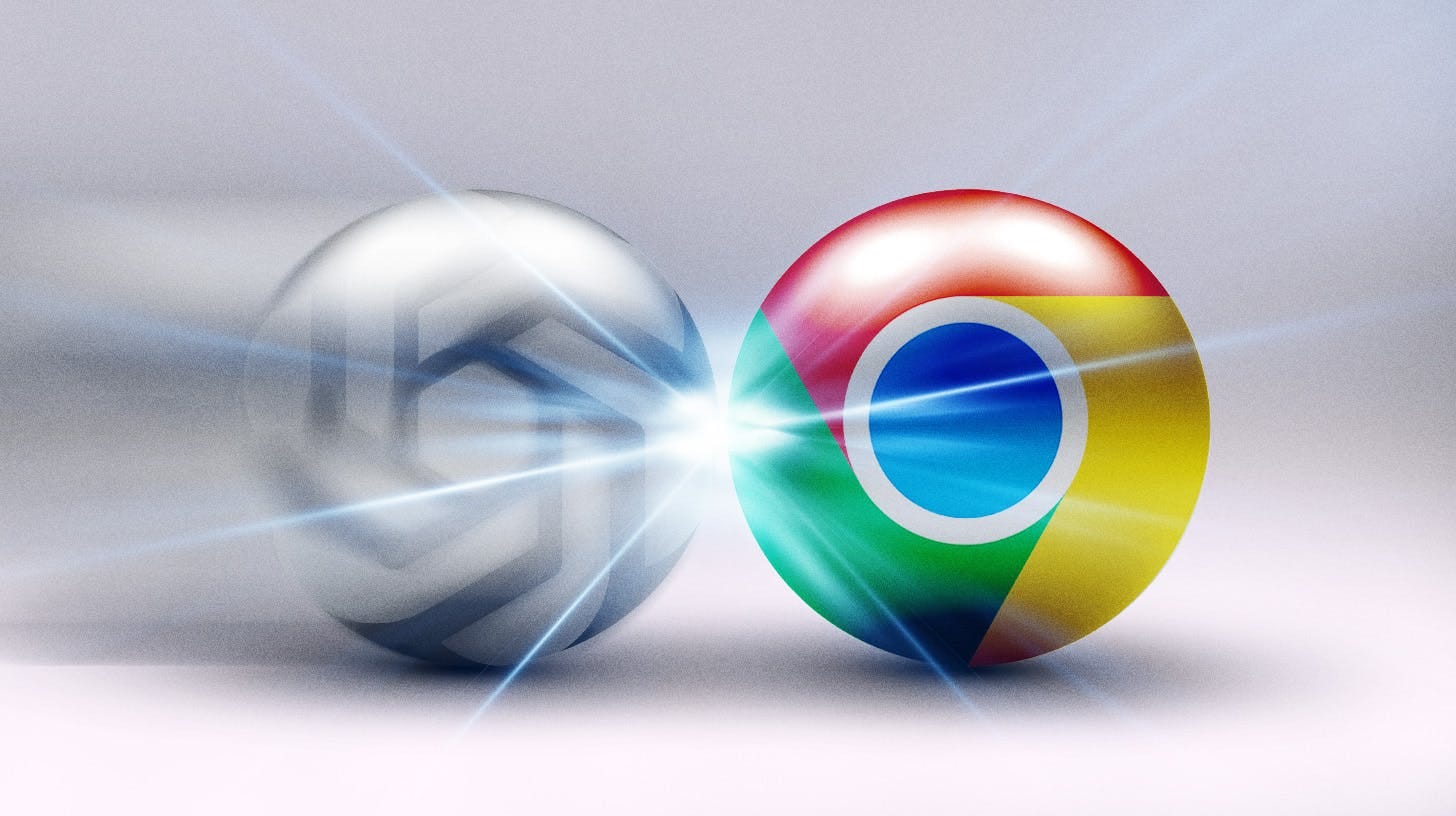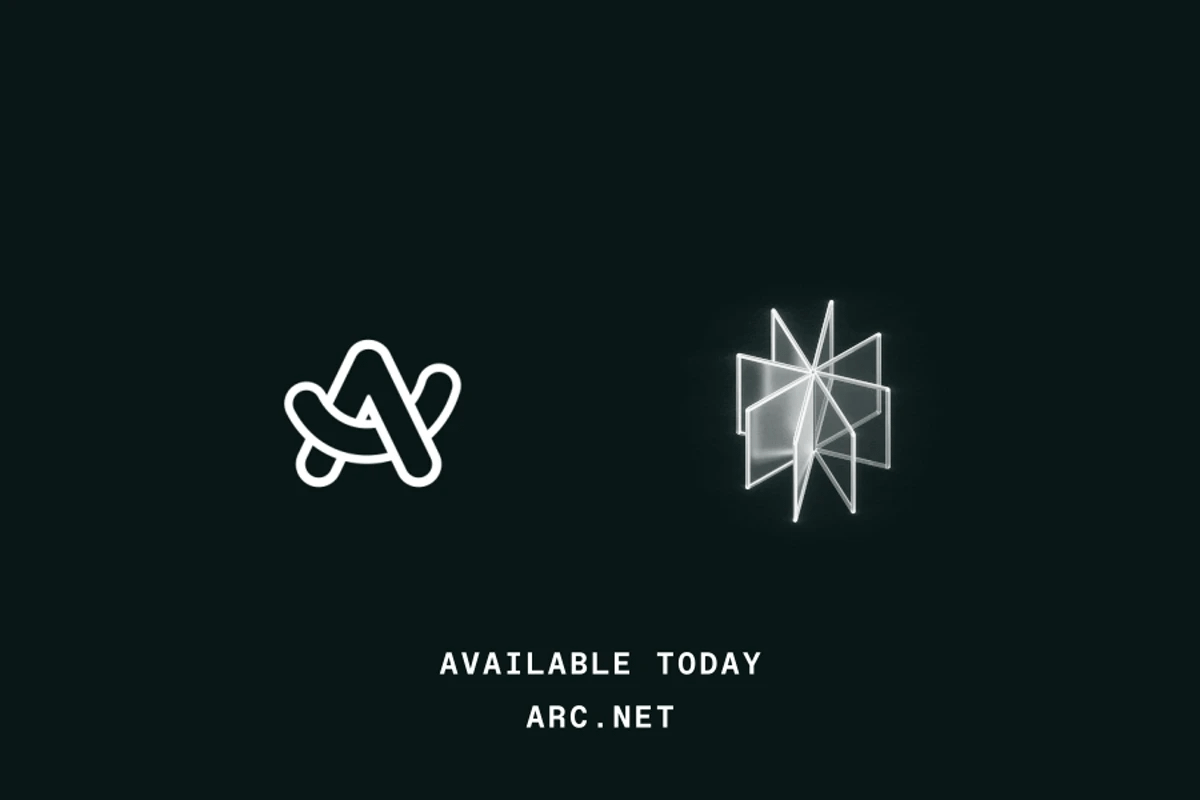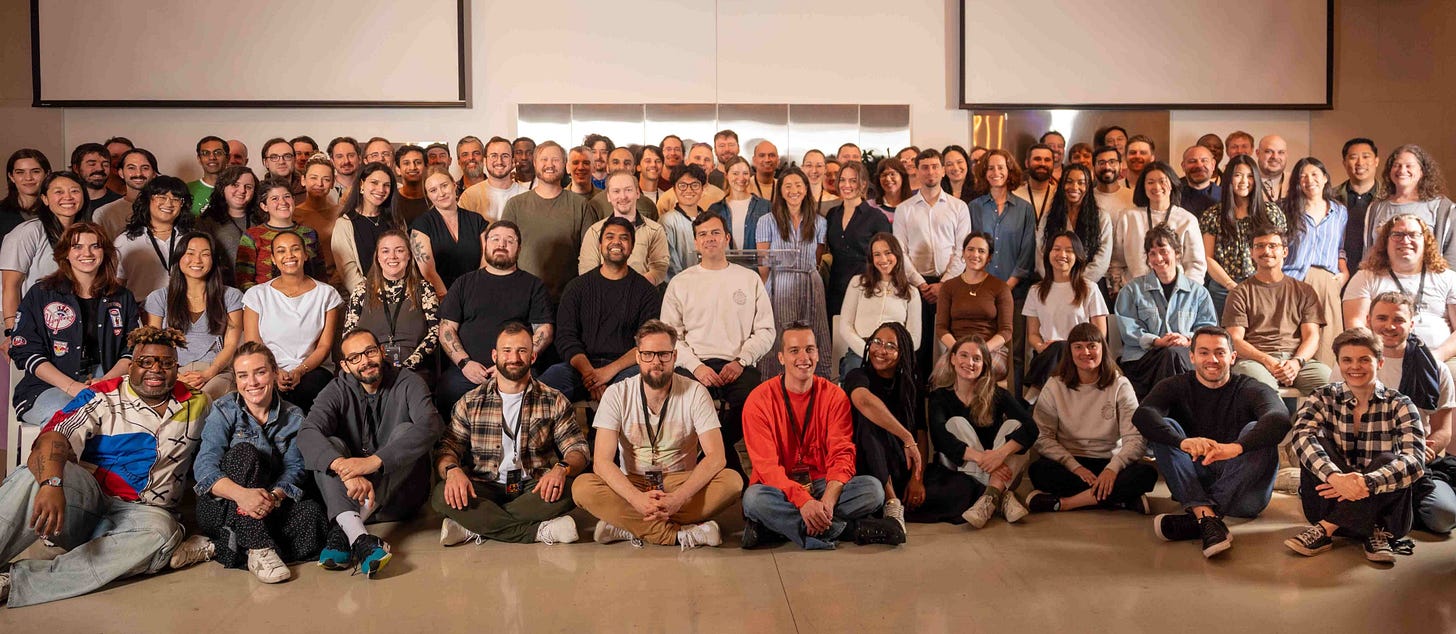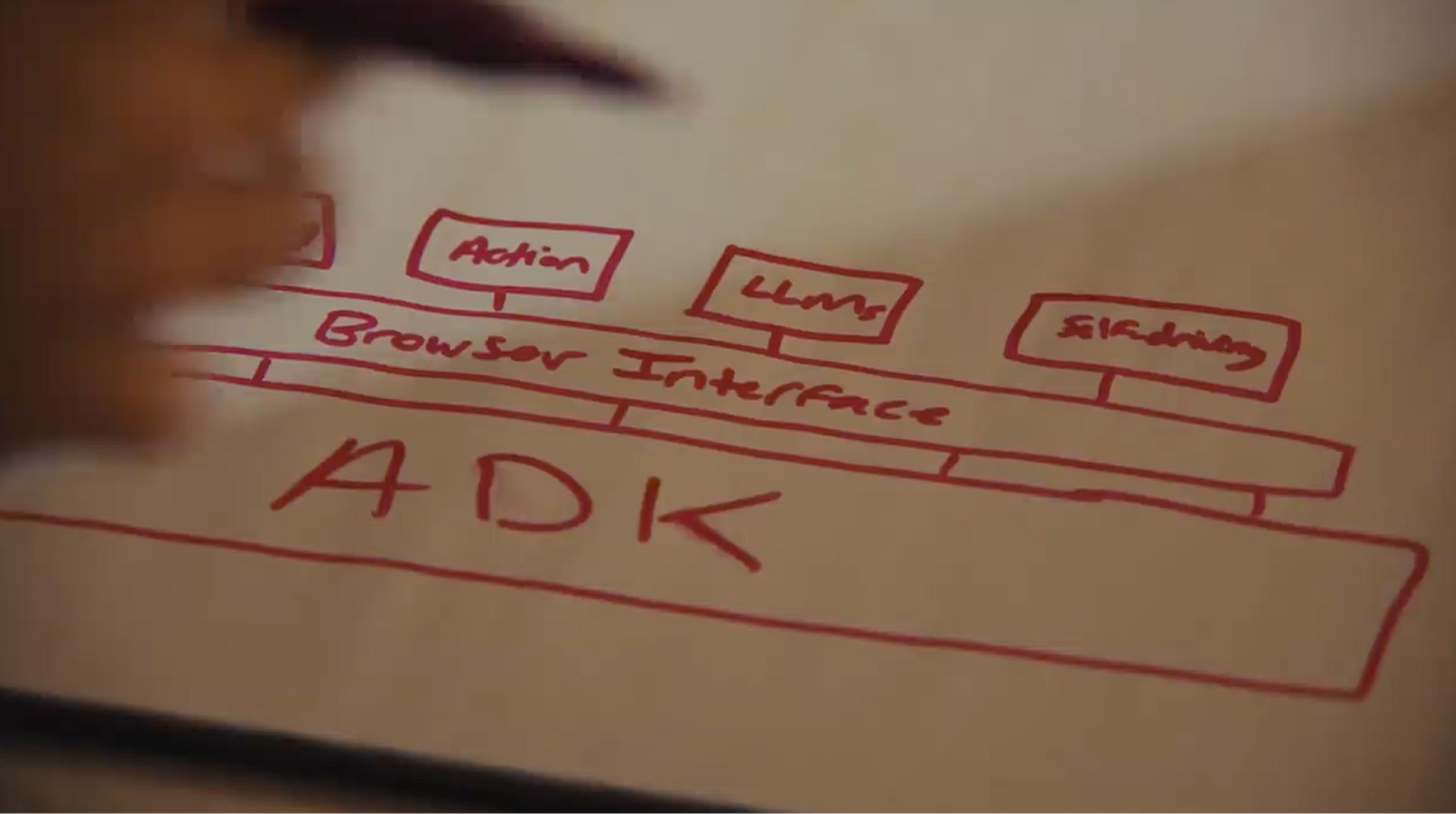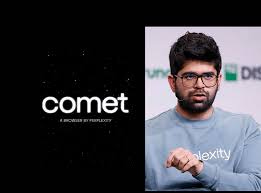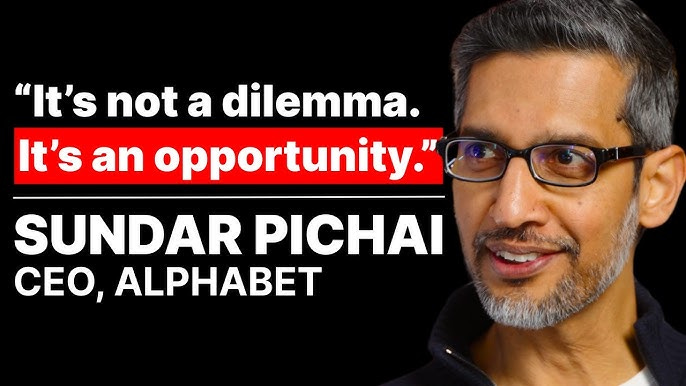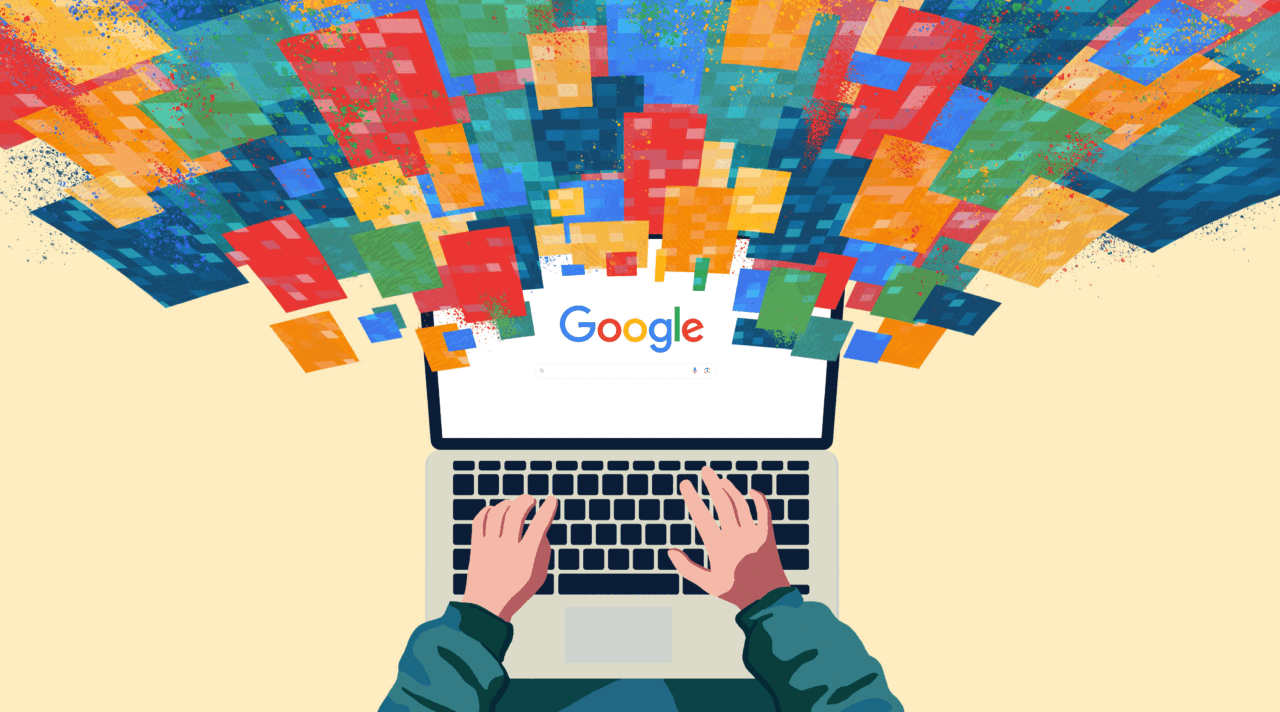
AI: AI Browsers are about a whole new way to use the web. RTZ #733
I’ve discussed several times in these pages, that where we’re going, we won’t need browsers anymore. I meant of course, browsers as we’ve known and used them for over quarter of a century. And in that context, the most ubiquitous app we all use be it on a computer/laptop or a smartphone, the browser, is fundamentally changing to adapt and unleash AI in new forms to mainstream audiences.
Web browsers are evolving into ‘AI Browsers’, whatever ttat may mean. Companies from Google to Apple, are aware of this, as are new AI Native companies like OpenAI, Perplexity, and many others, who are all experimenting with ‘AI Browsers’ as part of their upcoming application tookit.
So it’s a reality in this nascent AI Tech Wave, that AI innovations are fundamentally changing how we consume and publish content on the web (aka the internet to most foliks).
One startup in this context I’ve been a fan of for a while is The Browser Company. They’ve been engaged in an effort to redo the browser from scratch for some years now. With a plan to go up against the big boys Google Chrome and Apple Safari. Their product is called Arc, which has gained a respectable amount of users and daily usage. The conpany has also been working on a new AI Native product called Dia, which is in alpha development.
The company announced today that it’s officially pivoting from its Arc browser to their new project Dia full time. And Arc won’t be sold or open sourced, but it won’t be shut down either. But the focus going forward is on Dia.
The founder/CEO Josh Miller wrote a post well worth reading in full explaining this big decision after years of toiling away on its core mission with the Arc browser. As a former founder of a startup also driven by a heart-felt mission, I emphathize with his emotions. The lesson learned too late, and the hard decisions to be made when the core product is not heading where originally hoped for, with all their heart.
But his comments on what Dia can be as an AI Browser are an instructive:
“You’re probably wondering what happened. One day we were all-in on Arc. Then, seemingly out of nowhere, we started building something new: Dia.”
“Wait, so The Browser Company isn’t making browsers anymore?” You better believe we are! But an AI browser is going to be different than a Web browser — as it should be. I believe this more than ever, and we’re already seeing it in three ways:”
“Webpages won’t be the primary interface anymore. Traditional browsers were built to load webpages. But increasingly, webpages — apps, articles, and files — will become tool calls with AI chat interfaces. In many ways, chat interfaces are already acting like browsers: they search, read, generate, respond. They interact with APIs, LLMs, databases. And people are spending hours a day in them. If you’re skeptical, call a cousin in high school or college — natural language interfaces, which abstract away the tedium of old computing paradigms, are here to stay.”
This generational difference is something that OpenAI’s Sam Altman highlighted recently, and I discussed with my nephew Neal Makwana a few posts ago.
“But the Web isn’t going anywhere — at least not anytime soon. Figma and The New York Times aren’t becoming less important. Your boss isn’t ditching your team’s SaaS tools. Quite the opposite. We’ll still need to edit documents, watch videos, read weekend articles from our favorite publishers. Said more directly: webpages won’t be replaced — they’ll remain essential. Our tabs aren’t expendable, they are our core context. That is why we think the most powerful interface to AI on desktop won’t be a web browser or an AI chat interface — it’ll be both. Like peanut butter and jelly. Just as the iPhone combined old categories into something radically new, so too will AI browsers. Even if it’s not ours that wins.”
“New interfaces start from familiar ones. In this new world, two opposing forces are simultaneously true. How we all use computers is changing much faster (due to AI) than most people acknowledge. Yet at the same time, we’re much farther from completely abandoning our old ways than AI insiders give credit for. Cursor proved this thesis in the coding space: the breakthrough AI app of the past year was an (old) IDE — designed to be AI-native. OpenAI confirmed this theory when they bought Windsurf (another AI IDE), despite having Codex working quietly in the background. We believe AI browsers are next.”
The technical underpinnings of Dia are notable as well:
“Arc isn’t just a Chromium fork. It runs on custom infrastructure we call ADK — the Arc Development Kit. Think of it as an internal SDK for building browsers (especially those with imaginative interfaces). That’s our secret sauce. It lets ex-iOS engineers prototype native browser UI quickly, without touching C++. That’s why most browsers don’t dare to try new things. It’s too costly. Too complex to break from Chrome.”
“ADK is also the foundation of Dia.”
“This is why we’re building Dia. It is the opportunity to chase the product of our original ambition: a true successor to the browser — maybe even the “Internet Computer” we’ve been building toward all along — only in ways we couldn’t have predicted.”
Josh zooms back to the forest for the browser trees:
“I want to end by being frank with you: Dia is not really a reaction to Arc and its shortcomings. No. Imagine writing an essay justifying why you were moving on from your candle business at the dawn of electric light. Electric intelligence is here — and it would be naive of us to pretend it doesn’t fundamentally change the kind of product we need to build to meet the moment.”
“Let me be even more clear: traditional browsers, as we know them, will die. Much in the same way that search engines and IDEs are being reimagined. That doesn’t mean we’ll stop searching or coding. It just means the environments we do it in will look very different, in a way that makes traditional browsers, search engines, and IDEs feel like candles — however thoughtfully crafted. We’re getting out of the candle business. You should too.”
There’s a lot of ‘there’ there in those words above, especially in terms of what’s motivating Josh and his team to veer hard into this AI Browser Pivot.
The other entrepreneur also on a relatively public AI Browser journey is Perplexity Founder/CEO Aravind Srinivas, who tweets/Xes often on his upcoming Comet AI Browser.
Also worth tracking if you’re interested in this new interface to AI for the masses.
Other than that of course watch Google, Apple and others as they figure out AI around Chrome and Safari respectively. And Google despite the antitrust litigation around Chrome. Indeed, Google at their I/O developer conference specifically announced their AI Gemini for Chrome as a coming attraction. More on that I/O conference here from my perspective.
All of this bears watching, as we wait for the next iteration of the web. As The Verge Editor Nilay Patel notes in his video podcast with Google CEO Sundar Pichai on how the web is evolving:
“You’ll hear Sundar say in several different ways that the web is still getting bigger and Google is sending more traffic to more websites than ever before, but the specifics of that are hotly contested. Just before we talked, the News Media Alliance — the trade group that represents publishers like Conde Nast, The New York Times, and The Verge’s parent company Vox Media — issued what can only be described as a furious statement, calling AI Mode “theft.” So we talked about that, too, and about what happens to the web when AI tools and eventually agents do most of the browsing for us.”
“What does it mean for the web to go from a series of websites when AI tools just see it as a series of databases instead of as sites for people to use? Why would companies like Uber, DoorDash, or Airbnb allow their businesses to get commoditized in that way? If you’ve been listening to the show, you know I’ve been talking about this idea a lot, so Sundar and I spent some time on this idea; it was a real Decoder conversation.”
And how Sundar thinks AI Search is an OPPORTUNITY, not a challenge. Especially for website operators over time.
You can watch the whole podcast here, and the web specific comments by Sundar here at the 16 minute mark. He notes that the last two years alone have seen the web expand by over 45%. Undoubtedly some of that is with AI generated content, a topic I wrote about a few days ago.
But the broader point here is that AI is rapidly expanding what we do on the internet/web. Both as publishers and consumers.
And 5 of 8 billion people on the internet/web via phones and computers, are about to unleash a whole amount of new things being done with AI on said internet/web, in this AI Tech Wave. Stay tuned.
(NOTE: The discussions here are for information purposes only, and not meant as investment advice at any time. Thanks for joining us here)

